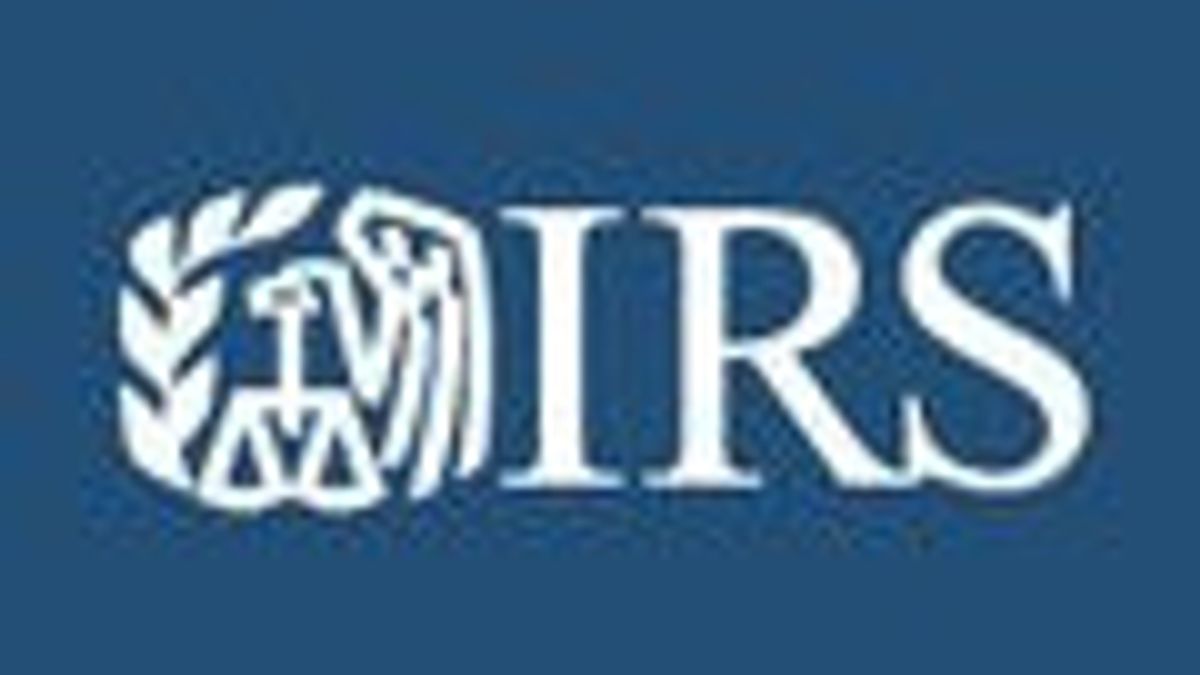The US Treasury Department has proposed a new rule that would require cryptocurrency brokers, including exchanges and payment processors, to report new information on the sale and exchange of digital assets of users to the Internal Revenue Service (IRS), US tax agency. This rule is part of a broader effort by Congress and regulatory authorities to crack down on crypto users who may fail to pay taxes.
According to the US Treasury Department, a proposed new tax reporting form, named Form 1099-DA, is meant to help taxpayers determine whether they owe taxes, and will help crypto users avoid complicated calculations to determine their advantages.
"This rule will also include digital asset brokers in the same information reporting regulations as other financial instrument brokers, such as bonds and stocks," the Treasury said.
In this proposal, the definition of "pialang" will include a centralized and decentralized digital asset trading platform, crypto payment processors, and multiple online wallets where users store digital assets. This rule will include cryptocurrencies such as bitcoin and ether, as well as non-fungible tokens (NFT).
The broker must submit this form both to the IRS and to digital asset holders to help prepare their taxes.
This new requirement comes from the US Infrastructure and Work Investment Act in 2021 worth US$1 trillion, which includes provisions aimed at increasing tax reporting requirements for digital asset brokers. The law instructs the IRS to define which companies qualify as crypto brokers and provide forms and instructions for reporting.
The law also extends reporting requirements for several cash transactions of more than US$10,000 (Rp. 151 million) into digital assets.
At the time the law was passed, it was estimated that the new rules could generate nearly US$28 billion (Rp423 trillion) in a decade.
The Treasury Department proposes that the regulation will apply to brokers by 2025 for the 2026 tax filing season.
"This is part of a wider effort by the Treasury Department to reduce the tax gap, address the risk of tax evasion posed by digital assets, and help ensure that everyone complies with the same rules," the Treasury said in a statement.
The crypto industry has mixed reactions to this proposal. Blockchain Association CEO Kristin Smith said in a statement that if done correctly, this new rule "could help everyday crypto users with the information needed to accurately comply with tax laws."
Miller Whitehouse-Levine, CEO of the DeFi Education Fund, a group of entrepreneurs focused on decentralized finance, said the proposed approach would not make tax reporting easier or increase tax compliance.
VOIR éGALEMENT:
"Today's IRS proposal is confusing, self-contrary, and wrong. It tries to implement a regulatory framework based on intermediaries in places where they don't exist," he said in a statement.
Currently, IRS requires crypto users to report their digital asset activity in their tax returns, including cryptocurrency trading, regardless of whether the transaction is profitable. Users are required to do the calculations themselves, and the platform where digital assets are traded does not provide the information to the IRS.
Several Democratic senators, including Elizabeth Warren, urged the Treasury Department in a letter sent earlier this month to immediately implement the rule, arguing that otherwise crypto tax evaders and intermediaries "will continue to take advantage of the system."
The Treasury Department and IRS received feedback on this proposal until October 30. They will also hold a general hearing on the proposal on November 7-8.
The English, Chinese, Japanese, Arabic, and French versions are automatically generated by the AI. So there may still be inaccuracies in translating, please always see Indonesian as our main language. (system supported by DigitalSiber.id)


















